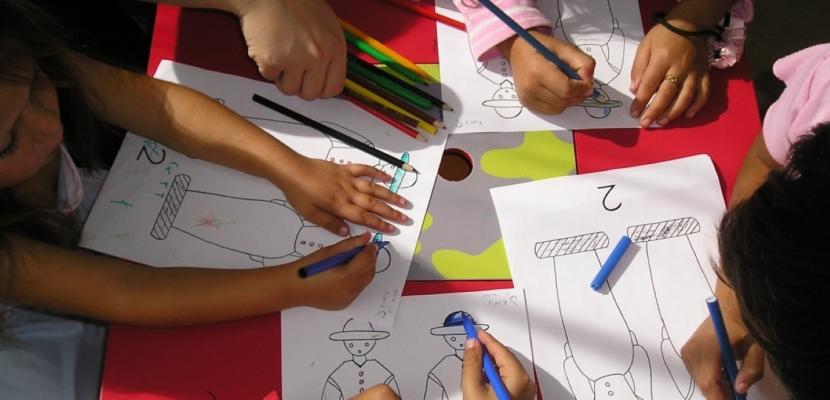
Model of Integrated Development (MID)

About this good practice
A huge number of Roma population in Sofia municipality (more than 50,000 people) lives in compact communities (neighbourhoods) with overlapping problems, which calls for innovative targeted most effective measures due to limited financial resources. Such an innovation is the Model of Integrated Development (MID) providing opportunities for community development. It envisages the person's life cycle and the tasks everyone must solve at every stage of life. MID introduces complex multi-component services to support: 1) early child development in the areas of health, nutrition, early learning; 2) straitening parental capacity to support health, school readiness and successful adaptation to mainstream services; 3) young people to broaden their life horizons and plan careers and education, avoiding risky behaviours and early marriages; 4) transforms the environment to improve the wellbeing of the segregated communities – building playgrounds, conducting initiatives enhancing the quality of the air.; 5) positive change in community social norms and beliefs towards better social and economic achievements. This methodology is developed and implemented by Heath and Social Development Foundation (HESED). The team has strong experience in theory and practice in the field of: needs assessment, capacity building and monitoring and evaluation, flexibility, and motivation. The services are developed by a professional team of service methodologists after detailed needs evaluation.
Expert opinion
Resources needed
• A multidisciplinary team comprised of psychologists, social workers, educators, medical specialists, and peer workers from Roma communities (average of 13 employees- specialists)
• Average budget per year 480 000 €, the local municipality provides 80% of the finances, as state delegated budget.
Evidence of success
The programs are built on a needs analysis, which covers 7 areas: health, education, employment, social services, access to rights, and anti-discrimination to prepare the most suitable interventions.
Currently, 4 community-based centres are working in Sofia under the model with 300 to 700 clients yearly, included in a variety of programs with different intensities and thousands of people from the community reached directly or indirectly through different community initiatives and campaigns.
Potential for learning or transfer
Children are well adapted to the social environment: follow rules and instructions, communicate effectively with adults and peers, have adequately formed hygiene habits appropriate to their age, and show a level of school readiness and cognitive development corresponding to the norms for their age. The progress of the children is evaluated with assessment instruments for school readiness and child development. The program has an impact on the personal characteristics of the parents, due to the group format of the training, the interactivity, and the element of sharing between the involved mothers forms an increased interest and sensitivity to other people. The program influences the value priorities of parents. They begin to appreciate the importance of education higher compared to the hierarchy of priorities they had before joining the program.
MID could be easily transferred and replicated with the exclusive guidance of our professional service methodologists.

